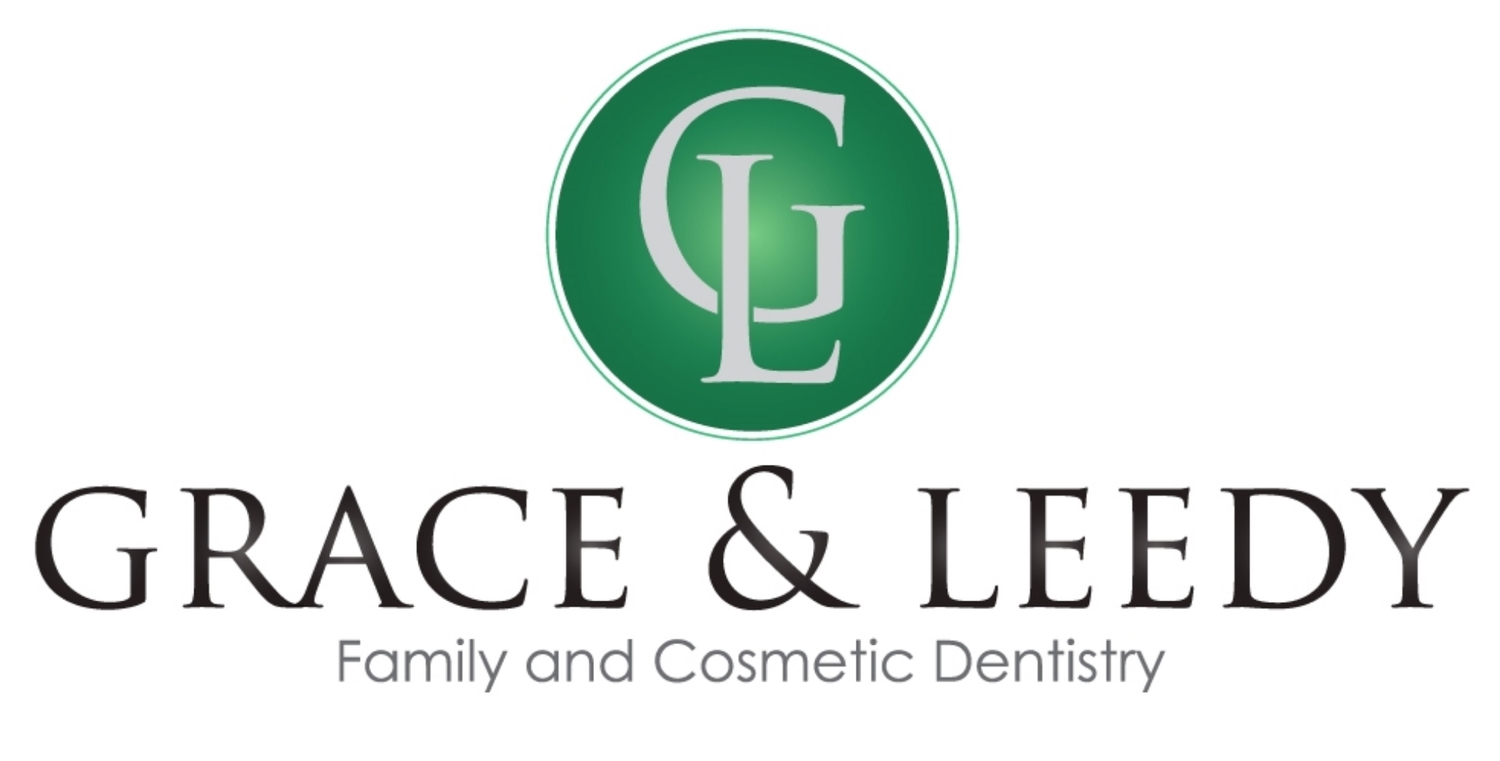
Piercings And Oral Health
Piercings are a popular fashion statement into today’s culture, and today we’d like to discuss oral piercings and how they can affect dental health. While it certainly isn’t our place to comment on the decision to pierce areas of the mouth or tongue, it is a decision we like to discourage in our patients. There are several reasons for this. We are concerned about your overall oral health, not current fashion trends. For this reason, we’d like to investigate the dangers of mouth or tongue piercings and what you should do if you insist on getting them done.
The Risks Of Oral Piercings
Unfortunately, oral piercings carry several potential dental health complications. Not everyone will experience these issues if they decide to get an oral piercing, but these risks should be carefully weighed before making a decision.
TOOTH DAMAGE
First and foremost, inserting a metal piercing in your mouth greatly heightens the risk of tooth damage. You can guess the reason for this. As the piercing bounces around in your mouth due to normal day to day actions like speaking, eating, yawning, etc., it can connect with nearby teeth. If it hits a nearby tooth too hard, you could experiencing chipping or cracking of the tooth. Since this occurrence is irreversible (the damage can only be repaired not returned to its former state), this is a big risk for anyone who decides on piercings.
INFECTION AND SWELLING
Preventing infection and swelling in your mouth and gums is a huge part about oral health, and we all face risks of this even without any piercings in our mouth. However if you add an oral piercing, you create an opportunity for uncomfortable or even life threatening infection and swelling. This is because you’re piercing the skin and creating a pathway for germs to enter. For example, lip piercings may cause infections in the lip, or a tongue piercing could cause your tongue to swell up to dangerous levels, even affecting your breathing. Since our bodies fight the threat of infection and swelling every day, it can be dangerous to create any additional weak points in your mouth.
HEART DISEASE AND HEPATITIS
More and more, researchers are linking the absorption of bacteria into the blood stream from the mouth to an increased risk of heart disease. This can happen either through conditions like gum disease or an entry-point like a piercing. You may not realize that a piercing can even impact the long term health of your heart. An artificial entry point like a piercing can also create an opportunity to contract a blood borne disease like Hepatitis. Both of these are serious risks that most won’t think about when it comes to piercings, but they should not be ignored.
GUM RISKS
Some piercings like lip piercings can rub up against your gums and create gum damage. This can lead to more significant issues as gum damage can expose tooth roots, increasing the chance of pain and sensitivity. If the damage becomes too extensive, you may need a root canal. Worse yet, gum damage can also increase the risk of gum disease, which left untreated can cause you to lose your teeth permanently. Gum health is such a serious part of dentistry, any gum damage, however light, should be taken very seriously.
CHANGES TO NORMAL MOUTH FUNCTION
Your mouth is designed to function normally without any foreign objects like piercings. So if you add an oral piercing, you may find your mouth doesn’t quite work like it did before. Examples of this are increased saliva flow. Your mouth will continue to produce saliva as long as the piercing is present. Aside from being uncomfortable, this can also affect your speech. The piercing may also affect the way you eat including chewing and swallowing motions. For some, this hinderance to day to day life may not be worth keeping the piercing.
For Patients That Decide On Oral Piercings
If the previous list of oral piercing risks doesn’t deter you, then we would like to share some advice on how to keep your mouth healthy after you get a piercing. First and foremost, oral hygiene is extremely important, and if you’re not the type of person to practice proper oral hygiene, just know your risk factors will be higher. Right after a piercing it is paramount to keep your mouth clean including the piercing site. This will help fight any potential infection or admittance of bacteria into the blood stream. Don’t forget to thoroughly clean your jewelry often as well.
Once the piercing is set, you’ll want to be careful as you perform daily actions with it. You should always take it out when you eat (to avoid choking on it), when you’re active like playing sports, and even when you sleep. This will help prevent any damage to your teeth. Investigate getting a plastic substitute piece for these activities. Failing to protect yourself from injury or choking on the jewelry could have dire consequences.
Final Thoughts
Dentists are famously not fans of oral piercings. The risks are just too great to ever consider it a safe option for patients. However if you are going to get an oral piercing, we recommend you consider all the risks at length and even come in for a consult and checkup to discuss them in greater detail. Education about dental health and oral piercings is extremely important before anyone goes in to get the piercing. Contact Grace & Leedy Family Dentistry to learn more today.
Location
10881 West Asbury Ave Suite 210, Lakewood, CO 80227
Phone: (303) 989-0452
Office Hours
MON8:30 am - 1:30 pm
TUE7:00 am - 3:30 pm
WED - THU8:00 am - 5:00 pm
FRI7:00 am - 3:30 pm
SAT - SUNClosed









comments